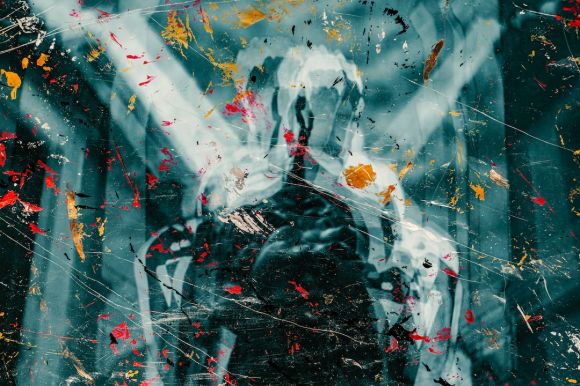Our behavior is shaped by a complex interplay of conscious and unconscious processes. While consciousness is the state of being aware of our thoughts, feelings, and actions, the unconscious refers to mental processes that occur outside of our awareness. Both consciousness and unconsciousness play a significant role in influencing our behavior, although in different ways.
The Power of Consciousness
Consciousness is often considered the driving force behind our behavior. It allows us to make deliberate choices and decisions based on our understanding of the world. When we are conscious of our thoughts and feelings, we can reflect on them, consider different options, and choose the most appropriate course of action. Consciousness enables us to exercise control and make intentional changes to our behavior.
For example, imagine a person who is trying to quit smoking. By being conscious of the negative health consequences and the desire to live a healthier life, this individual can make a conscious decision to quit smoking. They can then develop strategies, such as avoiding triggers and seeking support, to help them achieve their goal. Consciousness empowers individuals to overcome harmful habits and take positive steps towards personal growth and well-being.
The Role of the Unconscious
While consciousness plays a vital role in behavior, it is only the tip of the iceberg. Beneath the surface lies the vast realm of the unconscious, where hidden influences shape our actions. The unconscious mind stores memories, beliefs, and desires that we may not be aware of, yet they can significantly impact our behavior.
Consider the case of a person who has a fear of public speaking. This fear may stem from an unconscious belief that they will embarrass themselves or be judged negatively by others. Despite their conscious desire to speak confidently in public, their unconscious fear may manifest as anxiety, trembling, or a racing heart when faced with such a situation. The unconscious mind can override conscious intentions and shape behavior in unexpected ways.
Unconscious processes also play a role in automatic behaviors and habits. These routine actions, such as brushing our teeth or tying our shoelaces, are often performed without conscious thought. They have become automatic through repetition and reinforcement, allowing our conscious mind to focus on other tasks. By relegating these behaviors to the unconscious, we free up cognitive resources for more complex and demanding activities.
The Interplay between Consciousness and Unconsciousness
Consciousness and unconsciousness are not separate entities, but rather intertwined aspects of our mental processes. They constantly interact, influencing each other and shaping our behavior in complex ways. Consciousness can bring awareness to our unconscious patterns and beliefs, allowing us to question and challenge them. Conversely, unconscious processes can influence our conscious thoughts and actions, even without our awareness.
Research has shown that unconscious biases can impact our decision-making, leading to discriminatory attitudes and behaviors. These biases, rooted in unconscious associations and stereotypes, can influence our perceptions and judgments without us consciously realizing it. By becoming conscious of these biases, we can strive to overcome them and promote fairness and equality.
In conclusion, consciousness and unconsciousness both play a significant role in shaping our behavior. Consciousness enables us to make deliberate choices, exercise control, and enact positive change. However, the unconscious mind also exerts a powerful influence, often operating beneath our awareness. By understanding and exploring the interplay between these two aspects of our mental processes, we can gain insights into our behavior and work towards personal growth and self-improvement.
